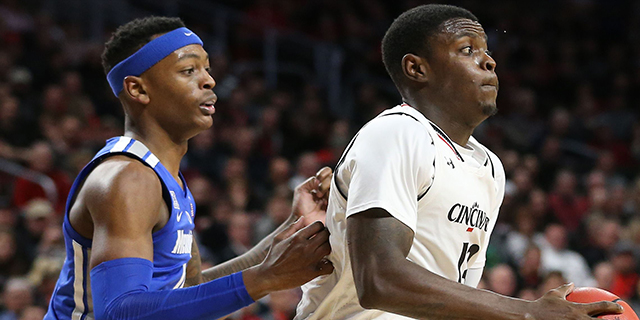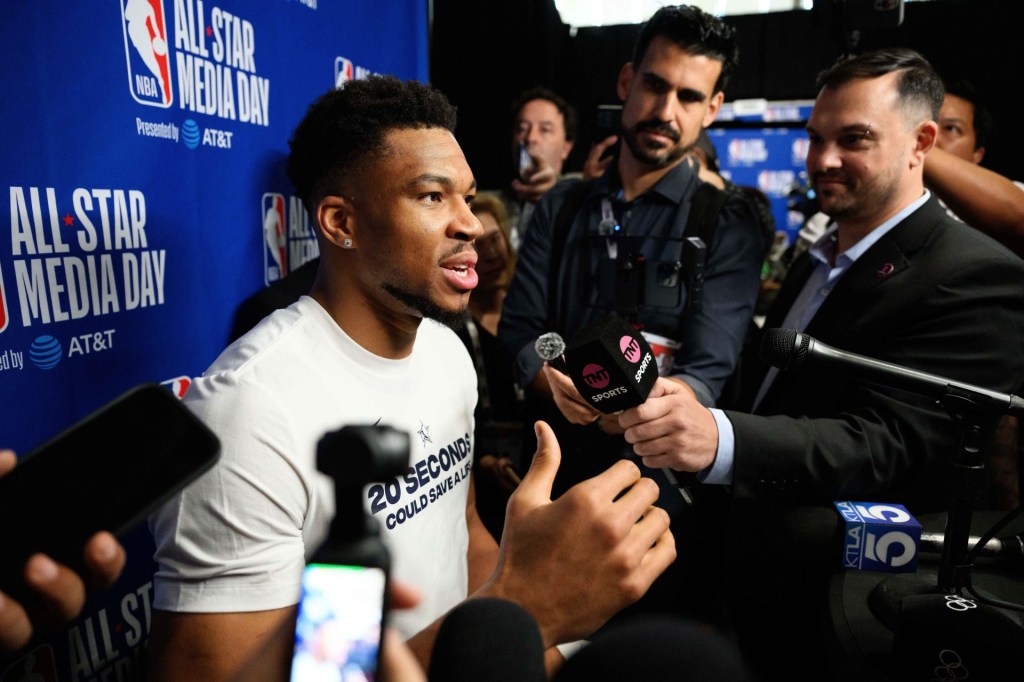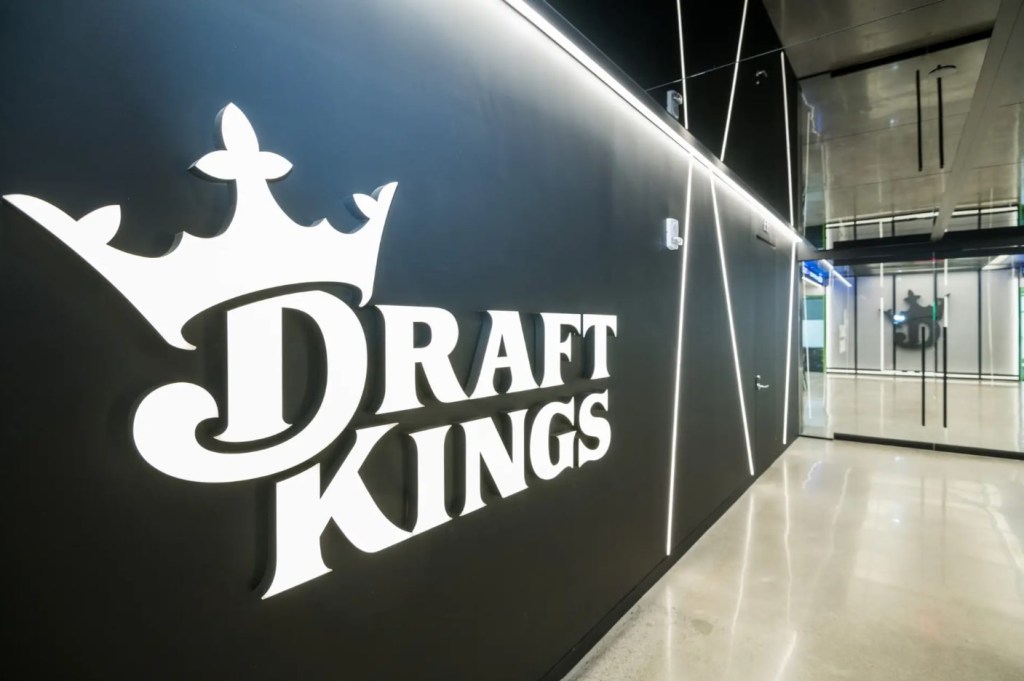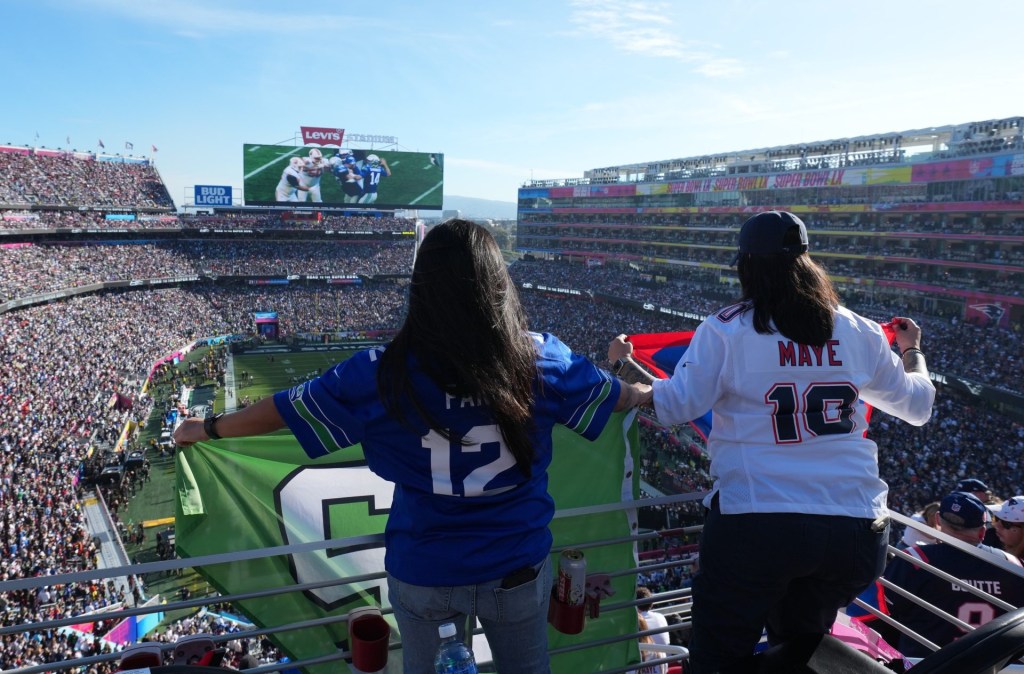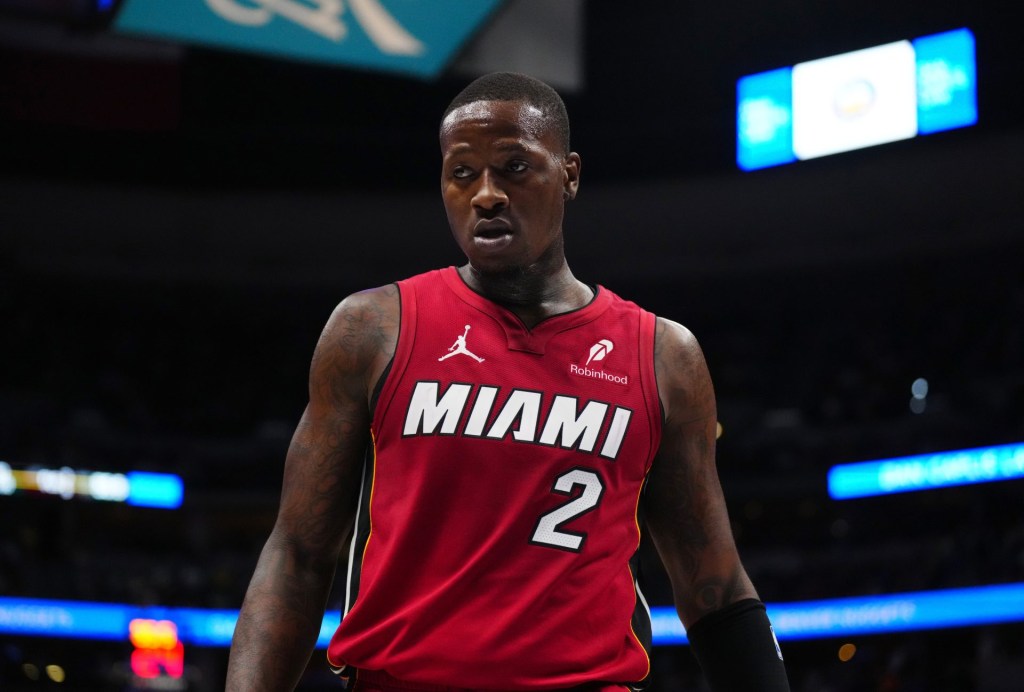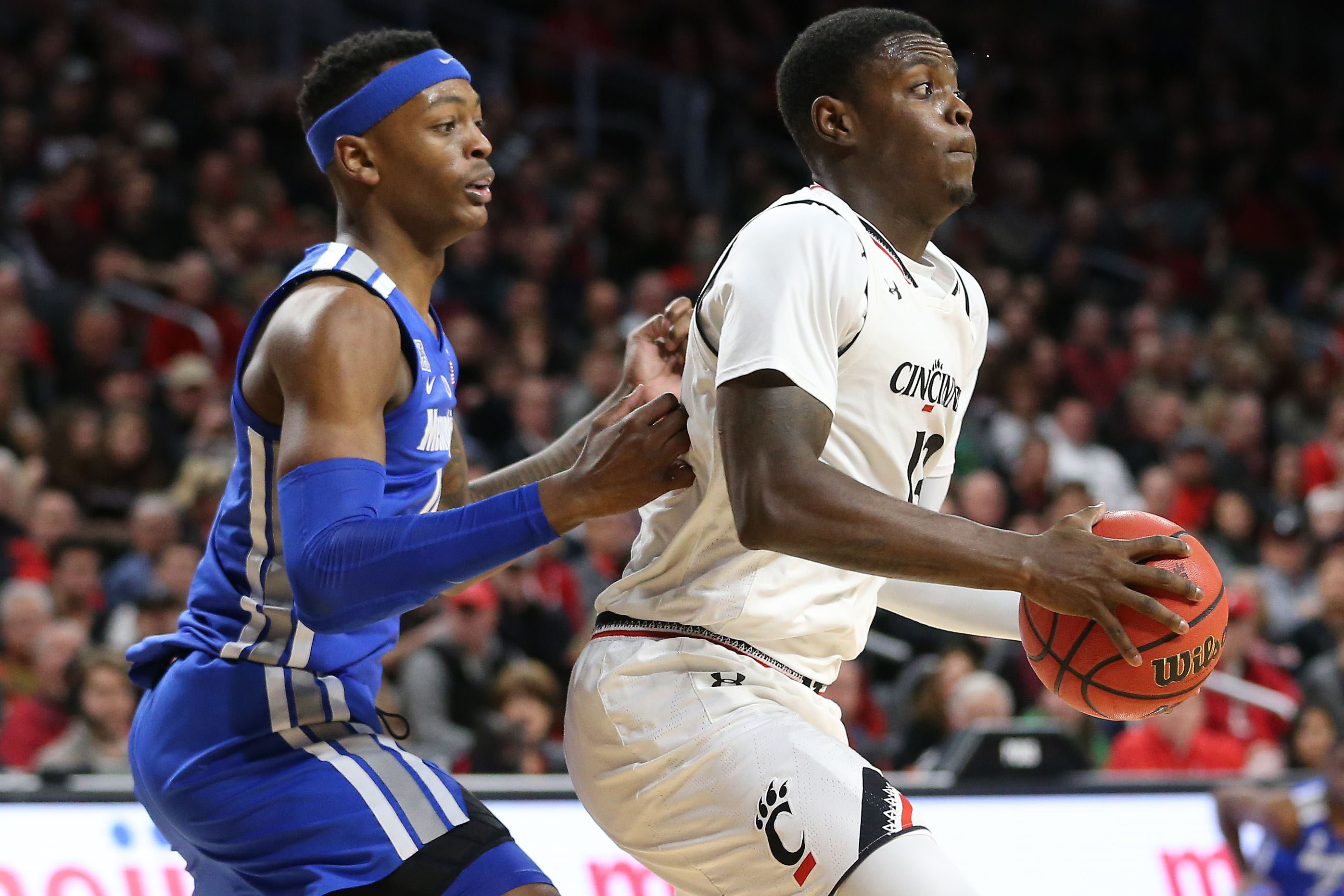
Photo Credit: Kareem Elgazzar/The Cincinnati Enquirer via USA TODAY NETWORK
As tens of millions of Americans turn away from work over the next few days, nearly as many will be making bets on who’s going all the way this March. More than 47 million Americans will wager $8.5 billion on the NCAA Men’s Basketball Tournament and much of it isn’t legal.
The huge amount of dollars riding on the tournament is placed by more than double those who bet on the Super Bowl, according to Bill Miller, president and CEO of the American Gaming Association, who released the study with those findings on Tuesday.
“There’s no question there is more interest among the general population on March Madness,” Miller said. “We know people want to bet on this.”
READ MORE: The Growth Has Only Begun For U.S. Sports Betting
The AGA survey found 57 percent of Americans said games would be more entertaining if a team they’d bet on is in the Final Four. Miller believes the NCAA knows betting on the game is a fan-engagement tool.
The huge amount of teams in March Madness and their related alumni make the betting opportunities especially attractive, said Kenny Rosenblatt, founder and president of Arkadium, an interactive content creative firm.
“It opens up the betting pool to more casual bettors,” Rosenblatt said. “They’re loyal to their alma maters.”
But it’s not just alumni. March Madness historically sees a lot of betting action, even in Europe, said Ian Bradley, Chief Strategy Officer at SBTech. Bradley expects the numbers to explode this year in the first NCAA Tournament since the Supreme Court overturned The Professional and Amateur Sports Protection Act of 1992, or PAPSA, last May.
“In the U.S., particularly the likes of Las Vegas, it will be massive,” Bradley said. “In the states with online sports betting, like New Jersey, the timing of events and broken up nicely so customers get a nice schedule throughout the day. It will be very big.”
The survey found 40 million people will place friendly wagers in office pools or online contests, with more than 149 million brackets submitted and $4.6 billion on the line. Another 18 million people plan to bet $3.9 billion in sports books, online, with bookies or a friend.
Of those 18 million people, the AGA survey found 2.4 million will bet illegally with a bookie and another 5.2 million will bet online, likely illegally on an offshore site. While it stands to reason bettors prefer to know their bets will fall under the umbrella of consumer protections, Miller said it appears more bettors don’t know they’re betting illegally in their jurisdiction. Either way, it’s a blow to longstanding regulatory efforts.
[mc4wp_form id=”8260″]
“We’ve long focused our effort on eradicating the illegal betting,” he said. “We’re making progress against those goals, but these results indicate we still have a lot to do.”
The bets are only set to grow in the coming years, as eight states have already legalized sports betting, with more likely to come. In January, AGA found of the $1 billion in sports wagers, more than half came outside Nevada. Twenty-two more states have active legislation to legalize sports betting.
Nevada, and Las Vegas, in particular, is likely to remain a hub of activity as bettors will make their way to the city for the resorts and entertainment options regardless of betting options, Bradley said. As betting opens up in more states, however, he expects sports betting will continue to migrate toward mobile options, much like it already has in Europe. Overseas betting is 70 percent on mobile, a direct inverse of U.S. betting, where about 70 percent of bets are placed in physical sportsbooks.
But the greatest shift of all could be toward in-play betting options which feature constantly updating lines and odds.
“It will take a bit of time to adjust,” Bradley said. “But I’m sure it goes similar to Europe. The U.S. TV coverage is amazing, the access to sports is amazing, so the in-play betting is a big opportunity.”
READ MORE: Super Bowl to Offer Insights Into the Future of Sports Betting
Unlike the classic model of pregame match betting, in-play betting options will allow real-time bets on whether a team will win after any point in the game as well as small prop bets, like if a basket will be scored on the next possession.
Just as having money riding on a match helps increase engagement among fans, Bradley believes the ability to constantly be engaged in new and enticing bets throughout a game will only further a fan’s commitment to a sport.
Miller agrees the ever-evolving American betting landscape already enhances the fan experience and will continue to do so in the future. According to the AGA’s data, sports bettors are younger, more diverse, more educated and wealthier than the average sports fan. Further engaging with that demographic could be lucrative for many parties.
“It’s a wildly popular entertainment option,” he said. “Implications go beyond revenue, but increasing the fan experience to offer new ways to interact with content.”
